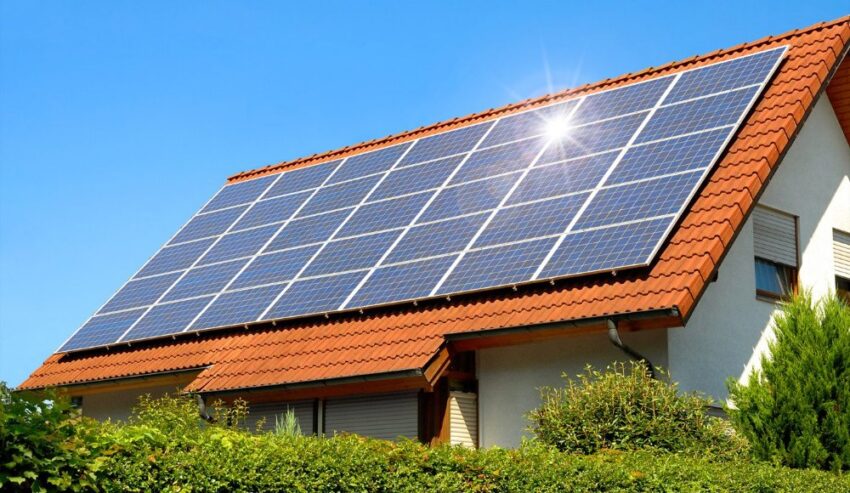Solar energy has emerged as a game-changer in the electrical industry, revolutionizing the way we generate and even consume power. According to CNBC, one remarkable aspect of solar power is that 100% of items powered by solar energy don’t require on-site electricity. This has profound implications for various sectors, including residential, commercial, and industrial.
Benefits of Solar Power
One significant benefit of solar power is its ability to provide clean and renewable energy. Traditional electricity generation heavily relies on fossil fuels, which contribute to air pollution and climate change. Solar energy, on the other hand, harnesses the amazing power of the sun, producing electricity without emitting harmful greenhouse gases. This shift towards renewable energy sources aligns with the global push to combat climate change and reduce our carbon footprint.
More residents are turning to rooftop solar installations which allow homeowners to be able to generate their own electricity. The Spruce reports that small electrical appliances typically require 15-amp circuits. With solar power, homeowners can meet their electricity needs without solely relying on the grid. By installing solar panels on their rooftops, they can produce clean energy to power their appliances, reducing their dependence on traditional electricity sources and potentially lowering their energy bills. Residents are even coming up with their own ideas on how to be more conservative when it comes to energy.
Commercial and Industrial
The impact of solar power extends beyond individual residences, though. Commercial and industrial sectors are increasingly embracing solar energy to power their operations. Large-scale solar farms are being established to generate electricity on a significant scale. These solar installations can provide power to factories, offices, and other commercial spaces. By integrating solar power into their operations, businesses can reduce their environmental impact and achieve long-term cost savings.

Solar power plays a vital role in addressing the challenge of load shedding. According to Entergy, load shedding occurs when there is a shortage of electricity supply or to prevent power lines from becoming overloaded. Solar energy can alleviate this issue by decentralizing power generation. When a building or facility is equipped with solar panels, it becomes less reliant on the grid during peak demand periods. Excess energy produced during the day can be stored or fed back into the grid, easing the strain on the overall electrical system.
Promoting Innovation
The integration of solar power into the electrical industry has also driven innovation in energy storage technologies. To ensure a continuous power supply, energy storage systems, such as batteries, are used to store excess solar energy for later use. This enables solar-powered facilities to have a reliable power source even when the sun is not shining. The advancements in energy storage technologies have made solar power more flexible and dependable, further boosting its adoption across various sectors.
Basically, solar power is transforming the electrical industry at a rapid rate. With so many things now being powered 100 percent by solar energy and not requiring on-site electricity, solar power offers a clean and renewable alternative to traditional sources of energy, such as oil and coal. From residential rooftops to large-scale solar farms, solar energy is reshaping the way we generate and consume electricity. This is great news for the environment and for people throughout the world since this type of energy is safer for consumers.
Solar power also contributes to reducing the strain on the electrical grid and addresses the challenges of load shedding. As the industry continues to innovate and improve energy storage technologies, the impact of solar power on the electrical industry is set to grow even more and more over the coming years and decades. It is definitely the way to go in order to combat climate change and offer better ways to heat and cool our homes and our businesses.

